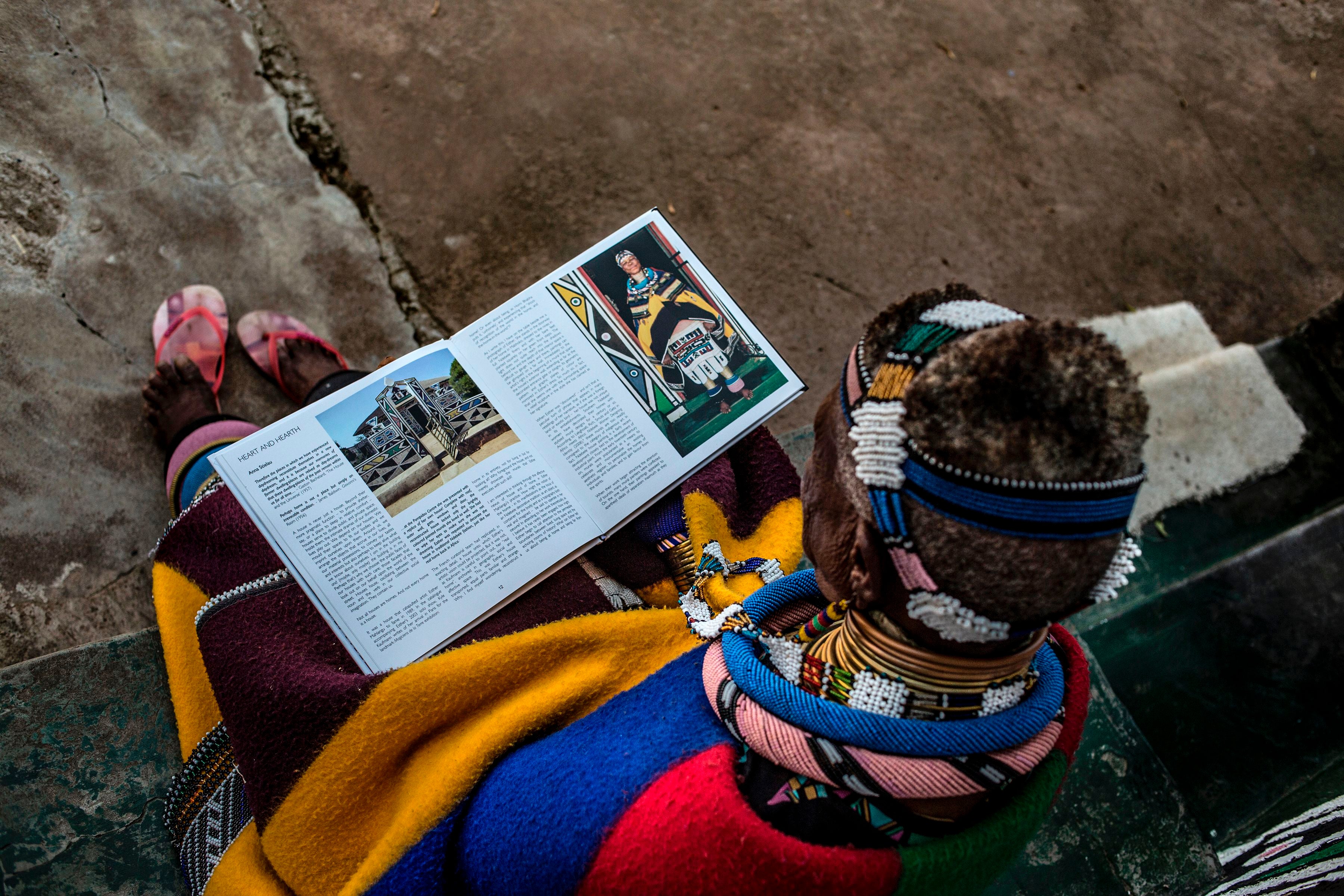
One of the biggest fallacies in history is that Africa didn’t play a major role in every aspect of modern life.
Lost in the remnants of time, scholars have said that because many Africans pass on history through verbal cataloguing, a definitive point of reference hasn’t been created… until now.
Subscribe to our daily newsletter for the latest in hair, beauty, style and celebrity news.
Nana Oforiatta-Ayim, a writer and art historian, is taking on the enormous challenge of putting together the Cultural Encyclopedia project.
With $40k in funding from the Los Angeles County Museum of Art, she plans to create a digital, and eventually physical, encyclopedia of historic and modern African art.
According to The New York Times, she’s starting with Ghana by inviting Ghanaian experts in fields like music, theater, filmmaking and literature to a 10-day workshop in St.-Louis, Senegal, the oldest colonial settlement in French West Africa.
“I would go to the underground library vaults, and I would find theses that were so brilliant and interesting, and yet no one was looking at it and it is so valuable,” she told The Times.
Adding, “I would get completely sidetracked reading about things like the technology of kente cloth. And at the same time I was also thinking that the narrative that is told about Africa is still the backward narrative: no innovation, it’s ahistorical and stuck. Yet with everything I was reading, it was stories of innovation, of knowledge, of technology.”
Oforiatta-Ayim, who’s already assembling teams for each of the 54 counties in the continent, learned from the best: David Adjaye, the British-Ghanaian architect who designed the new National Museum of African American History and Culture in Washington, D.C.
Under Adjaye’s tutelage, Oforiatta-Ayim got a sense of how this project would come to life from his 2010 “Visionary Africa” exhibition at the Palais des Beaux-Arts in Brussels.
When asked about why she believes the Cultural Encyclopedia is necessary, Adjaye spoke honestly about the disconnect within the Motherland, alone.
“East Africans don’t know about West Africans’ culture, and West Africans don’t know about North Africans’ culture, and North Africans don’t know about Southern Africans’ culture — and I am being simplistic here — but it is very hard. So this writing and forming of identity of the continent is really important.”
Oforiatta-Ayim says the undertaking will take a couple years to complete, and hopefully, will constantly be evolving as Africa continues to contribute even more to the world.
